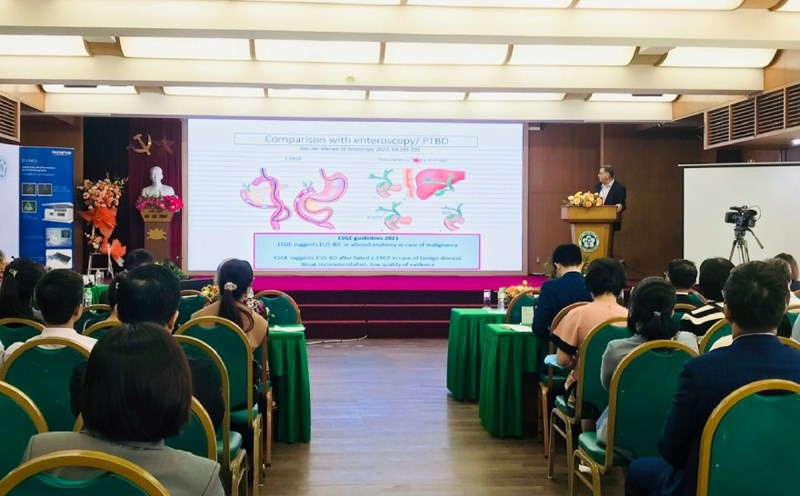What is intestinal dysbiosis?
According to Dr. Roohi Pirzada, MBBS, Consultant Physician, Mumbai (India), in a healthy digestive system, diverse bacterial species live in balance, supporting digestion and immune function. However, intestinal dysbiosis occurs when certain bacterial populations become overgrown. This imbalance disrupts the natural ecosystem of the gut, leading to a variety of health problems.
Symptoms of intestinal dysbiosis
Stomach ache: A feeling of discomfort or cramping in the abdomen.
Bloating and flatulence: Excessive bloating and feeling of fullness.
Diarrhea or constipation: Irregular bowel movements are a common sign of intestinal dysbiosis.
Blood in stool: In severe cases, you may see blood in your stool, indicating irritation or inflammation of the bowel.
Weight loss: Sudden, unexplained weight loss can sometimes accompany bowel crowding.
Nausea: Persistent nausea, often accompanied by bloating.
Causes of intestinal dysbiosis
Several factors may contribute to gut microbiota overload:
Leaky gut syndrome: When the intestinal lining becomes permeable, harmful bacteria and toxins can enter the bloodstream, causing inflammation and intestinal dysbiosis.
Irritable bowel syndrome (IBS): This common digestive disorder is often linked to an imbalance in gut bacteria.
Bowel obstruction: Any blockage in the intestines can lead to bacterial buildup and an imbalance in the gut microbiome.
Bloating and giardiasis: Bacterial and parasitic infections, such as giardiasis, can disrupt the gut's bacterial population.
Treatment and prevention
Avoid sugar and processed foods: Sugar and processed foods promote the growth of harmful bacteria. Replacing them with whole foods is essential.
Eat foods rich in fiber: Fiber is an important nutrient for gut health. Dr. Pirzada recommends eating a diet rich in beans, grains, vegetables, fruits, and whole grains.
Add fermented foods: Fermented foods will add beneficial bacteria to help balance the intestinal microflora.
Exercise regularly: Physical activity aids digestive function and helps regulate gut bacteria.
Stress management: Stress has a direct impact on gut health. Incorporating stress-reducing activities like yoga and meditation can improve gut function.
Stay hydrated: Drinking plenty of water is important to maintain digestion and help flush toxins out of the body.
Limit unnecessary supplements and antibiotics: Some supplements and medications, especially antibiotics, disrupt gut bacteria. Only take antibiotics when absolutely necessary and under the guidance of your doctor.
Maintain an alkaline pH: Maintaining the body's pH at a slightly alkaline level (through an alkaline diet rich in vegetables and fruits) can support overall gut health.











